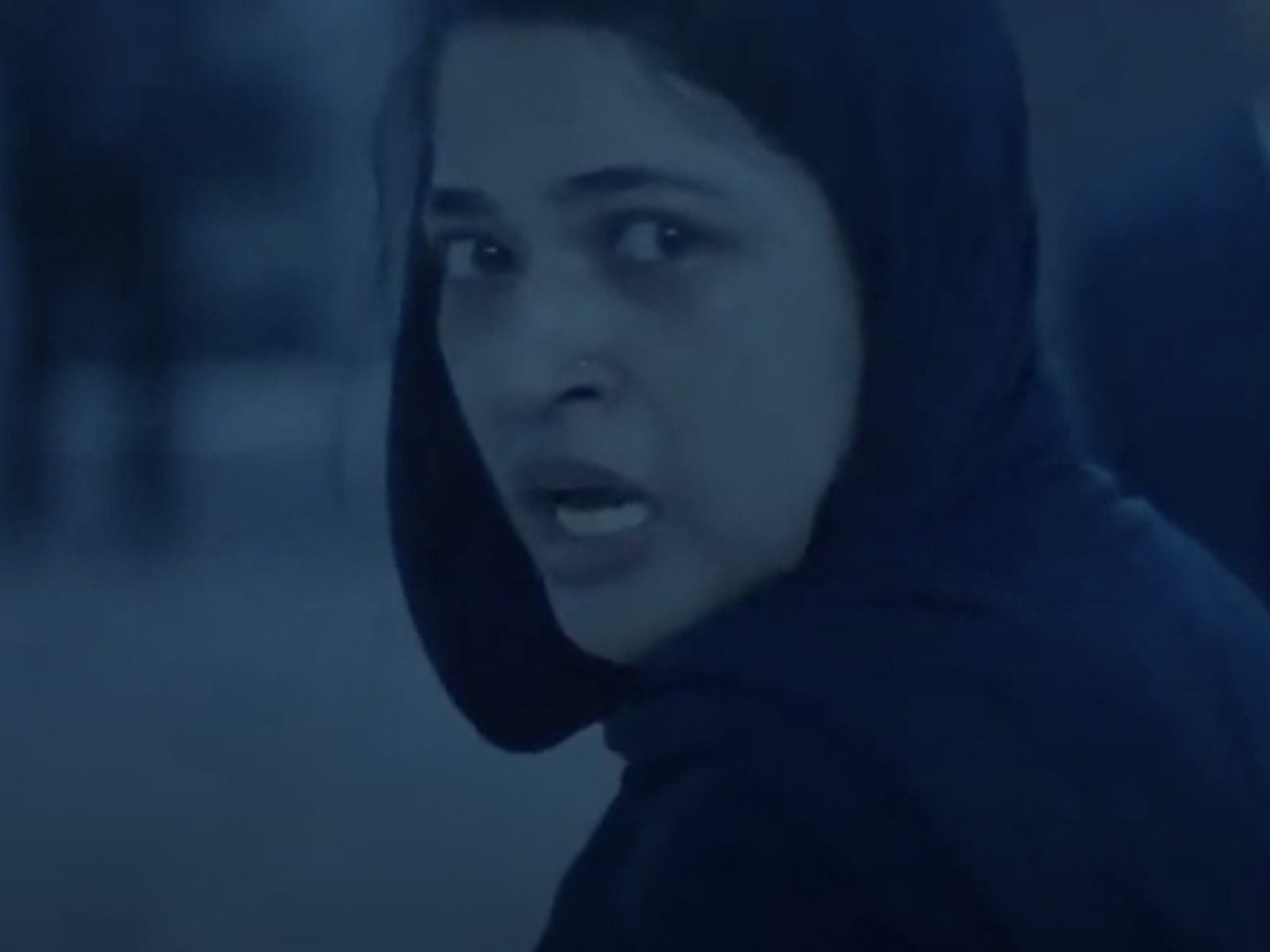
- Golden Globe Awards
Rehana (Bangladesh)
Recently, Bangladesh has surfaced as a new player in global cinema with a prevalent theme: The emergence of women in the country’s patriarchal society and the demand for equity. Rubaiyat Hossein’s Made in Bangladesh last year and Abdullah Mohammad Saad’s Rehana Maryam Noor (or just Rehana for international audiences) this year, share the plight of female characters positioned at the core of the story. While the former movie is an uplifting and hopeful look at the issue, the latter places its heroine within the four walls of a hospital and medical school thus providing a visual expression for the quagmire caused by stifled feminine power.
Saad establishes his protagonist as a righteous, uncompromising medical assistant professor and single mother, Dr. Rehana Maryam Noor (Azmeri Haque Badhon), who tends to put justice above all with no regard for either sentimentality or corrupt motives. We know this as she harshly punishes a student who cheats at her exam despite pleas from classmates and administrators. Then, when she witnesses what seems to be a sexual assault – even though that is never either explicitly shown or stated – it comes as no surprise that she is determined to get to the bottom of it and have the perpetrator punished.
But in the icy blue hallways of the surreal-looking hospital, the daring protagonist is faced with increasingly opaque situations as she discovers that she must fight on her own. At the same time, she must also care for her daughter Emu (Afia Jahin Jaima), arrange drop-offs and pick-ups to and from elementary school with the help of her unemployed brother Rony (Yasir Al Haq). While she is just as tough with her own child as anyone, it is evident that Rehana is intent on protecting little Emu from the traps that she herself has fallen into, through no fault of her own but by the net of masculine supremacy. When she threatens to expose Professor Arefin (Kazi Sami Hassan) for sexually assaulting Annie (Afia Tabassum Borno), a medical student, she is simultaneously intimidated by the female principal who wishes to silence the matter, the professor himself who claims that it is women like Rehana that “get raped”, and Annie, the victim, who says that she will “jump off the college roof” if her reputation is tarnished.
Rehana stands her ground despite the rising outcry from administrators and students alike, as well as allegations by Emu’s teacher that she is a neglectful mother. Her quest seems to supersede the people involved. She is not fighting for Annie; she is fighting for the right to dignity and equity as a woman and as a professional. But when all the forces conspire against her and she finally succumbs to unrelenting pressures, she is left with the heartbreaking realization that she has lost the battle.
In an interesting twist at the end of the film, the struggle, however, shifts in the form of a dilemma concerning Rehana’s daughter. When the school teacher demands that Emu apologize to a boy in front of the whole class for hurting him, Rehana does not force her daughter to comply. If Emu does not apologize, the teacher adds, she will not be able to participate in a highly anticipated show. Fully aware of how disappointed little Emu might be for not being allowed to enjoy the show, Rehana chooses to hold on to her own and her daughter’s dignity. After everything that has gone on, her cruelty toward Emu, as it may seem, is now justified. Because the audience realizes along with the heroine that no one has ever won a fight without sacrifice.

